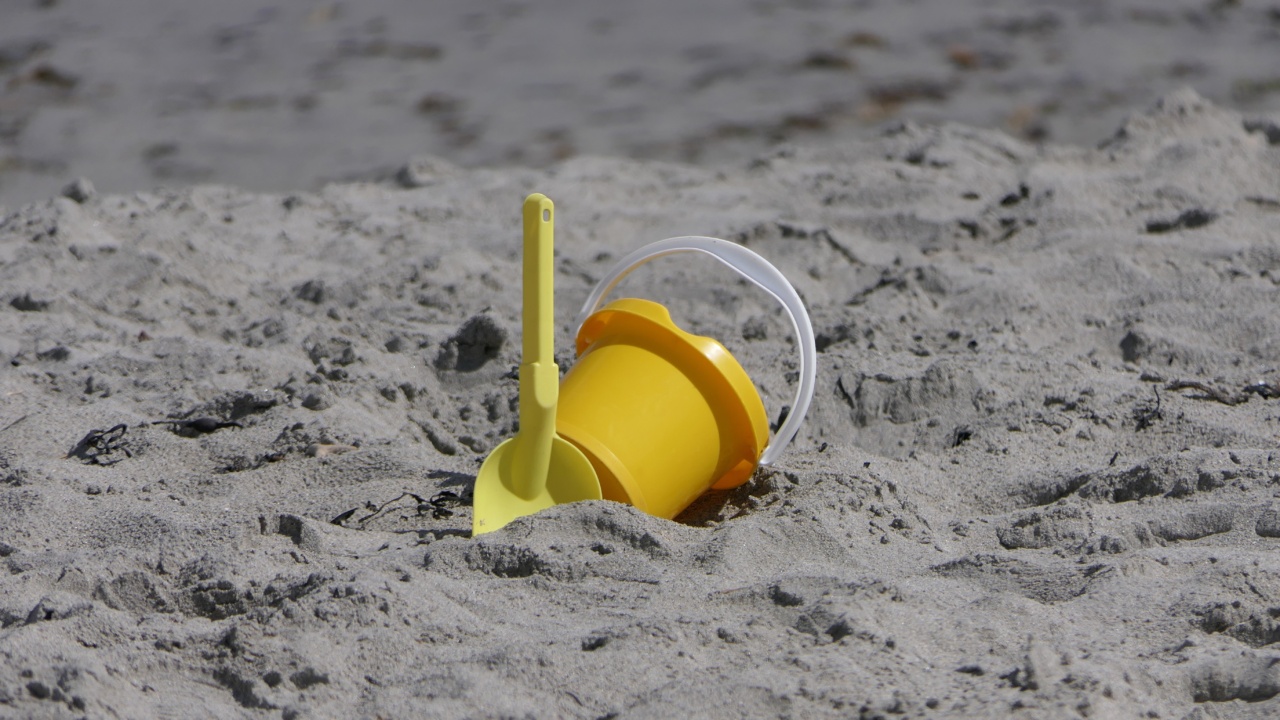In a recent development, the Zika virus has been confirmed in Ireland. The virus was detected in a patient who had traveled to a Zika-affected zone.
The Zika virus first emerged in Brazil in 2015 and has since spread throughout South and Central America, as well as the Caribbean. While the virus is not typically life-threatening, it can be dangerous for pregnant women, as it can cause birth defects in their babies.
This news has understandably caused concern among the public, and health officials are urging people to take steps to protect themselves from the virus.
What is the Zika virus?
The Zika virus is a virus that is primarily transmitted by the Aedes mosquito. The virus can also be transmitted through sexual contact and from mother to child during pregnancy. Symptoms of the virus include fever, rash, joint pain, and conjunctivitis.
While most people who contract the virus will not have any symptoms, those who do may experience mild symptoms that usually last for several days to a week.
Why is the Zika virus dangerous for pregnant women?
The Zika virus has been linked to a serious birth defect called microcephaly. Microcephaly is a condition where a baby’s head is smaller than expected, and can lead to developmental delays, intellectual disabilities, and other health problems.
While it is not yet fully understood how the Zika virus causes microcephaly, it is thought that the virus may affect brain development in the fetus.
What can people do to protect themselves from the Zika virus?
There is no vaccine for the Zika virus, so the best way to protect yourself is to avoid mosquito bites. This can be done by wearing long-sleeved shirts and pants, using insect repellent, and staying in air-conditioned or screened-in areas.
If you have traveled to a Zika-affected area, it is also recommended that you use condoms or abstain from sex for at least eight weeks after returning. If you are pregnant, it is recommended that you avoid travel to Zika-affected areas altogether.
What is being done to prevent the spread of the Zika virus in Ireland?
Health officials in Ireland are taking steps to prevent the spread of the Zika virus.
Measures are being taken to increase surveillance and monitoring for the virus, and guidelines have been released for health professionals on how to diagnose and manage cases of the virus. The public is also being urged to take steps to protect themselves from mosquito bites and to report any suspected cases of the virus to their healthcare providers.
Conclusion
The news of the Zika virus being confirmed in Ireland is certainly concerning, but it is important to remember that the virus is not typically life-threatening.
Pregnant women are the most at-risk population, and steps can be taken to protect themselves and their unborn babies from the virus. Health officials in Ireland are taking action to prevent the spread of the virus, and the public can do their part by following the recommended steps to avoid mosquito bites.































